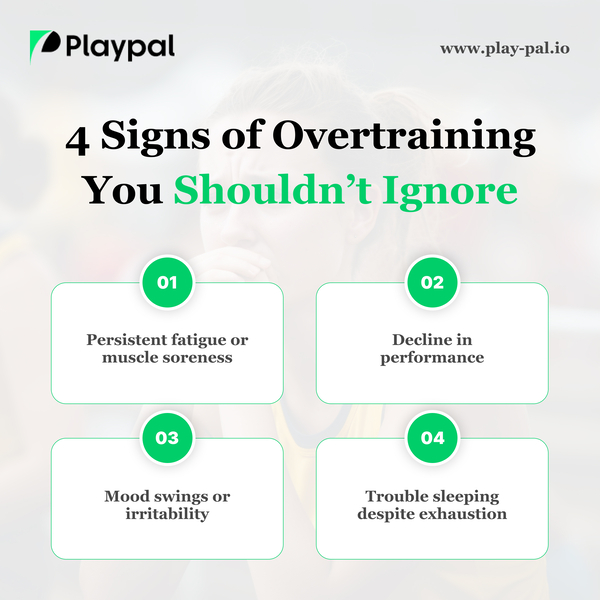When people begin a fitness journey, join a sports program, or commit to athletic development, they often start with a surge of motivation. That initial drive—the excitement of new goals, the inspiration from others, or the thrill of beginning something purposeful—can be incredibly powerful. But what happens when that motivation fades?
Because it will.
That spark that made you lace up your shoes or show up to practice will not always be there. And if motivation is your only fuel, your progress will stop the moment your mood changes or life throws a challenge your way.
This is where discipline steps in—quietly, consistently, and powerfully. It’s not glamorous, but it’s what separates the good from the great.
The Nature of Motivation: A Temporary Emotion
Motivation is emotional. It’s reactive. It’s born from a feeling, a situation, or a moment. Maybe you watched an inspiring documentary, heard an empowering speech, or saw your idol win a competition. You felt charged up, ready to act. And that’s amazing.
But motivation, by its very nature, is fleeting. It can be high on Monday and vanish by Thursday. It depends on mood, energy levels, and environment—all variables that shift from day to day.
Motivation can get you started. But it’s not reliable enough to get you to the finish line.
Discipline: The Force That Keeps You Moving
Discipline is not emotional. It’s intentional.
Discipline is waking up early to train even when your bed feels more inviting. It’s sticking to your nutrition plan even when cravings hit hard. It’s pushing through your workout when every muscle in your body wants to stop. It’s staying focused on your long-term goal even when your short-term mood says otherwise.
Where motivation asks, “Do I feel like doing this today?”
Discipline answers, “This is what I do, no matter how I feel.”
That mental shift is what forges champions.
Why Discipline Outperforms Motivation
Here are a few key reasons why discipline is the superior, more sustainable driver of performance:
1. It Builds Consistency
Success is the result of consistent effort over time. Discipline ensures that you keep showing up, which creates habits, and those habits shape outcomes.
2. It Functions Regardless of Emotion
Feelings are unpredictable. Discipline doesn’t ask for your permission—it follows a system, a routine, and a commitment. It’s your fallback when energy or excitement is low.
3. It Strengthens Your Identity
The more you practice discipline, the more it becomes part of your identity. You become someone who trains no matter what, someone who values the process, someone who honors their goals. This identity becomes harder to break over time.
4. It Builds Mental Toughness
Every time you do what you said you’d do—even when it’s hard—you reinforce mental resilience. You train your mind to overcome laziness, fear, and excuses.
Champions Are Built on Hard Days
It’s easy to train when you feel good, when the sun is shining, when the schedule is clear, and when your body feels fresh. But those days are rare. Most days come with obstacles—fatigue, stress, distractions, or doubt.
The athletes who rise to the top aren’t necessarily the most talented or the most motivated. They’re the ones who kept showing up when no one was watching. They found a way to train on the days that tested them the most.
Because that’s when the real growth happens—not just physically, but mentally and emotionally.
These are the moments that build champions.
Building Discipline: Where to Start
If you want to rely less on motivation and more on discipline, start by structuring your life to support it. Discipline doesn’t require superhuman willpower—it requires smart systems.
Here’s how:
1. Create a Non-Negotiable Routine
Plan your workouts just like meetings or appointments. Block time for training, recovery, nutrition prep, and even sleep. Make it a habit, not a decision you have to debate every day.
2. Remove Friction
Prepare your gear the night before. Plan your meals in advance. Choose a training location that’s easy to access. The fewer decisions you have to make, the easier it is to stay disciplined.
3. Track Your Progress
Use performance tracking tools or fitness apps to log sessions. Seeing progress over time reinforces your discipline and proves that your hard work is paying off.
4. Set Process-Based Goals
Instead of just outcome goals like “win the tournament” or “lose 10 pounds,” focus on process goals: “train 4 times a week,” “sleep 8 hours a night,” “stretch after every session.” These are in your control and drive long-term results.
5. Use Accountability
Surround yourself with teammates, coaches, or training partners who value consistency. Share your goals with them. Being held accountable increases your likelihood of staying on track.
Dealing With Setbacks
Discipline isn’t about perfection. There will be missed sessions, injuries, or days when life truly gets in the way. What separates the disciplined athlete from the average one is how they respond.
Instead of spiraling, they recalibrate.
Instead of making excuses, they make adjustments.
A disciplined mindset recognizes that one bad day doesn’t ruin a journey. They step back in the next day, stronger and more focused.
The Psychological Edge of Discipline
Discipline isn’t just about doing physical work—it builds an internal edge. You become more self-aware, more confident, and more in control. This mental fortitude translates to performance, especially under pressure.
In sports, those who can stay composed, focused, and sharp in high-stakes situations often outperform those who rely solely on talent or adrenaline.
Discipline keeps your mind clear when the game is on the line.
Motivation vs. Discipline: A Quick Comparison
| Category | Motivation | Discipline |
|---|---|---|
| Trigger | External (videos, music, inspiration) | Internal (values, routines) |
| Lifespan | Short-term | Long-term |
| Emotion-Driven | Yes | No |
| Results | Inconsistent | Predictable |
| Needed for | Getting started | Staying consistent |
Final Thoughts
Motivation is a great place to begin—it gives you the spark. But if you want to achieve real transformation, reach peak performance, or build something that lasts, you must build on that foundation with discipline.
Show up on the hard days. Train when it’s inconvenient. Keep going when you’re tired. These actions will shape not just your body, but your character.
Because champions aren’t made in moments of excitement.
They’re built in the silence of effort.
In the repetition of daily commitment.
In the discipline to stay the course—no matter what.





Leave a reply